Study findings suggest that switching from coal to natural gas would do little for global climate
Green Car Congress
SEPTEMBER 8, 2011
The study will appear next month in the peer-reviewed journal Climatic Change Letters. The study will appear next month in the peer-reviewed journal Climatic Change Letters. Relying more on natural gas would reduce emissions of carbon dioxide, but it would do little to help solve the climate problem. —Tom Wigley.



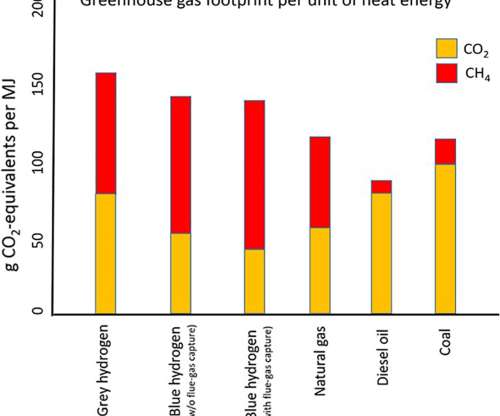


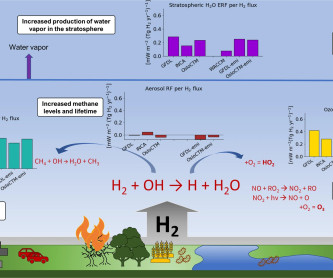

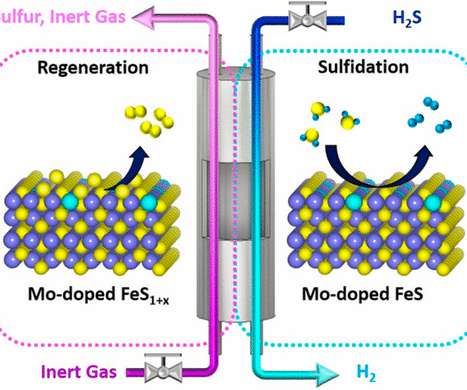


















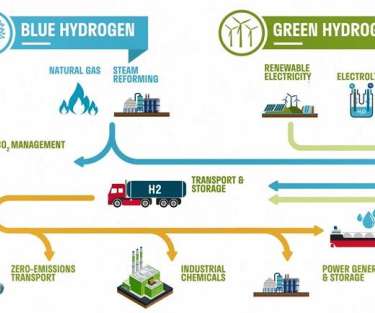







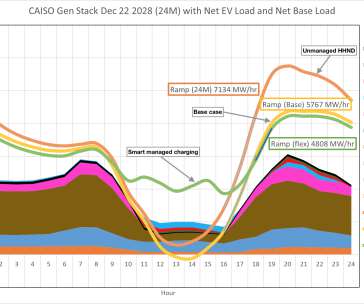








Let's personalize your content